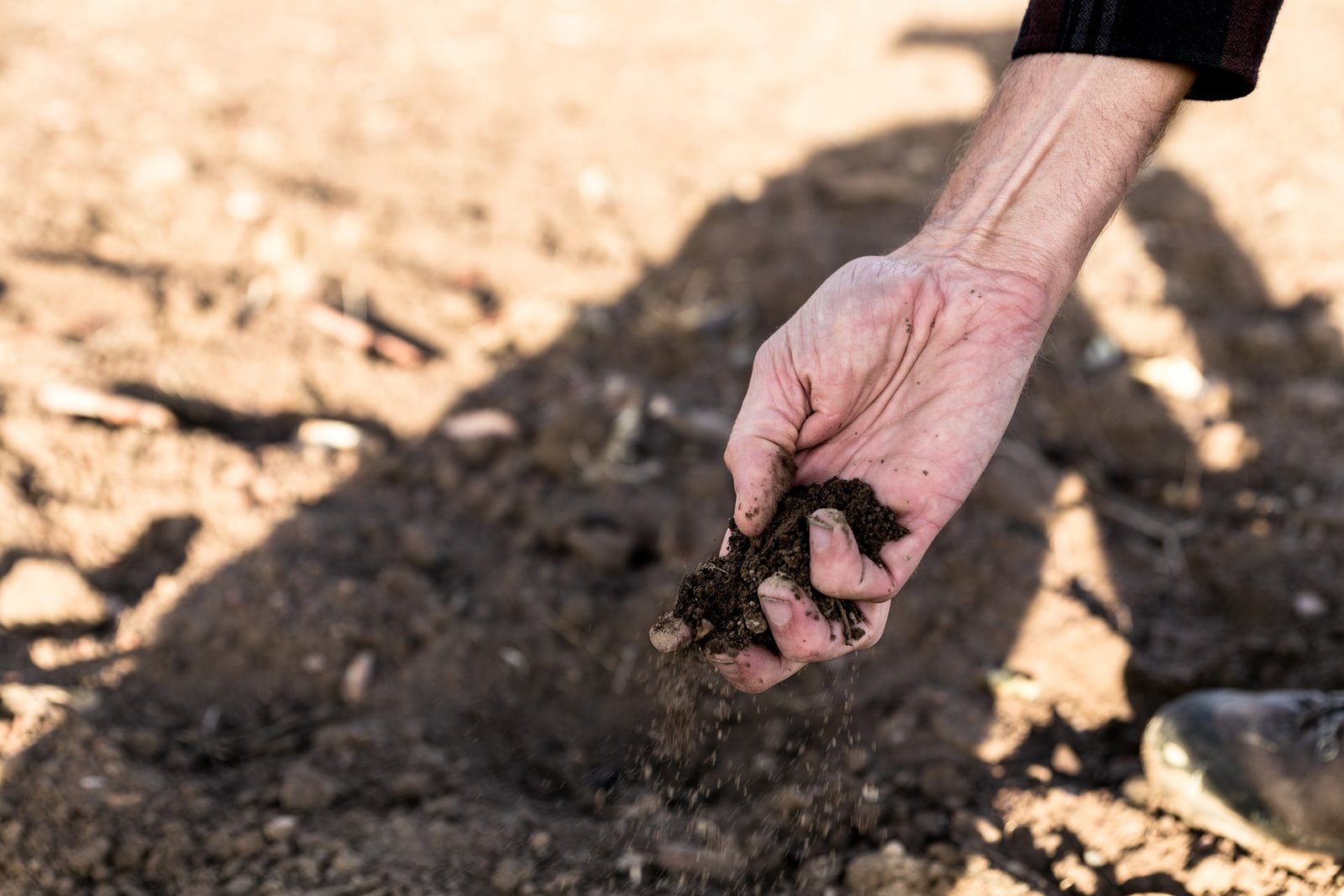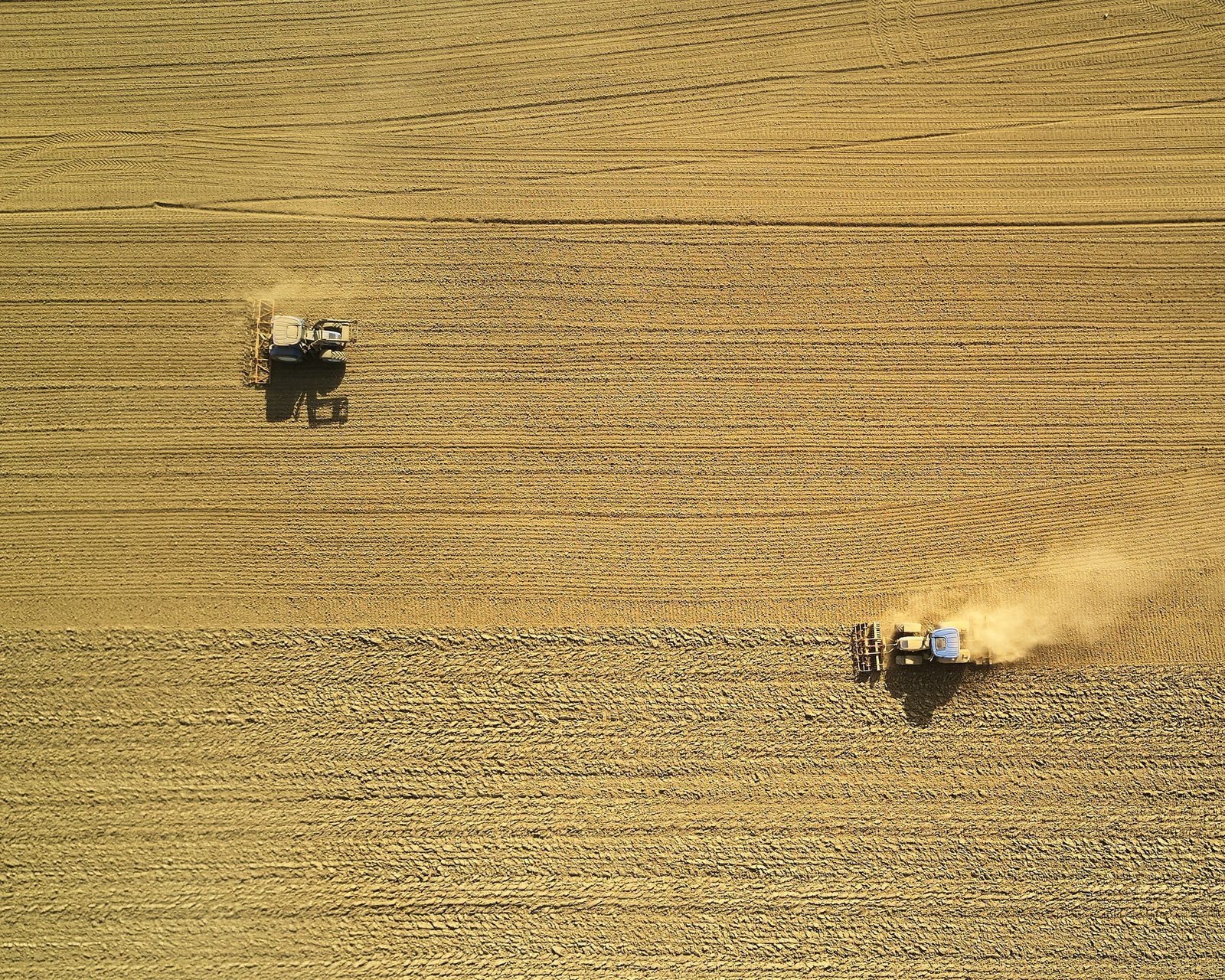
Global Experts Issues Roadmap To Avert Post-Pandemic Food Shocks
As COVID-19 fractures food systems, Global Experts issue a roadmap to avert post-pandemic food shocks caused by climate change.

It offers the most comprehensive global plan to date to rebuild all types of food production around the world — from smallholder farming to large-scale production — that have been rocked by the pandemic, but will face even greater challenges from climate change.
The report was developed with the CGIAR Research Program on Climate Change, Agriculture and Food Security (CCAFS). It comes close on the heels of a new assessment from the United Nations, warning the pandemic could precipitate a “global food emergency.” The UN is especially concerned about food systems in places like sub-Saharan Africa, that prior to the pandemic were reeling from a surge in droughts and floods, and where global heating is likely involved in East Africa’s ongoing battle against locust swarms.
“It’s time for all of us to talk about food, and most importantly about food systems,” said David Nabarro, a World Health Organization Special Envoy for COVID-19 and Curator of the Food Systems Dialogue. “That’s all the different elements — from food production to processing to marketing and consumption, and all the steps along the way.”

The 11 actions include efforts to sustainably increase food production in developing countries, in ways that increase incomes and food security in poor, agriculture-dependent rural communities. Doing so, it could dramatically reduce the need for humanitarian assistance in the coming years, freeing up billions of dollars for investing in social safety nets.
The report also offers strategies to avoid expanding food production into carbon-rich tropical forests, and explores options that can support healthy, climate-friendly diets.
In addition, the report lays out a policy framework for directing $320 billion in public and private finance to food systems transformation. It seeks more support for “youth-centered social movements” committed to building sustainable food systems, noting they can be especially effective agents of change.

“Our work over the last 10 years to address the impacts of climate change on food production, and vice versa, has produced a series of transformative interventions that can energize efforts to ‘build back better’ in the aftermath of COVID-19,” said CCAFS Director Bruce Campbell. “It is especially important for hundreds of million smallholder farmers in the developing world. They were already struggling against climate change before this pandemic hit, and will face even greater climate threats long after it has ended.”
Climate change: The slow-moving counterpart to COVID-19
While there are concerns the pandemic could significantly increase hunger and malnutrition in the short-term, the report points to even greater dangers looming in the coming decade as temperatures rise, weather extremes become more common, and rainfall less predictable. It cites recent research findings, noting that:
- By 2050, climate change could displace 200 million people, the equivalent of roughly two-thirds of the population of the United States.
- Rain-fed crop production that currently sustains Southern Africa may not be possible in most of the region.
- Fish catches will decline by up to 10% in tropical regions.
- Droughts, floods and heat waves will become more frequent and intense. Just a small increase in drought severity alone could raise the risk of violent conflict in places like Somalia.
- By 2050, the impact of elevated carbon dioxide emissions on crop nutrients could cause an additional 175 million people to suffer zinc deficiency, and 133 million to become protein deficient.

Food solutions from around the world present opportunities in time of crisis
At the same time, the report offers an abundance of evidence that farmers and food systems around the world are not destined for disaster — especially if the lessons from COVID-19 awaken action to confront climate impacts.
“We felt the effects of this pandemic far earlier than many other regions and quickly moved to mobilize resources and policy changes,” said Imelda Bacudo, advisor on Food Security and Climate Change for the Association of Southeast Asian Nations (ASEAN). “It’s clear that dealing with the food impacts of these external shocks requires action far beyond the food and agriculture sector. And that kind of cross-sector collaboration remains a challenge, at the regional and national level.”









